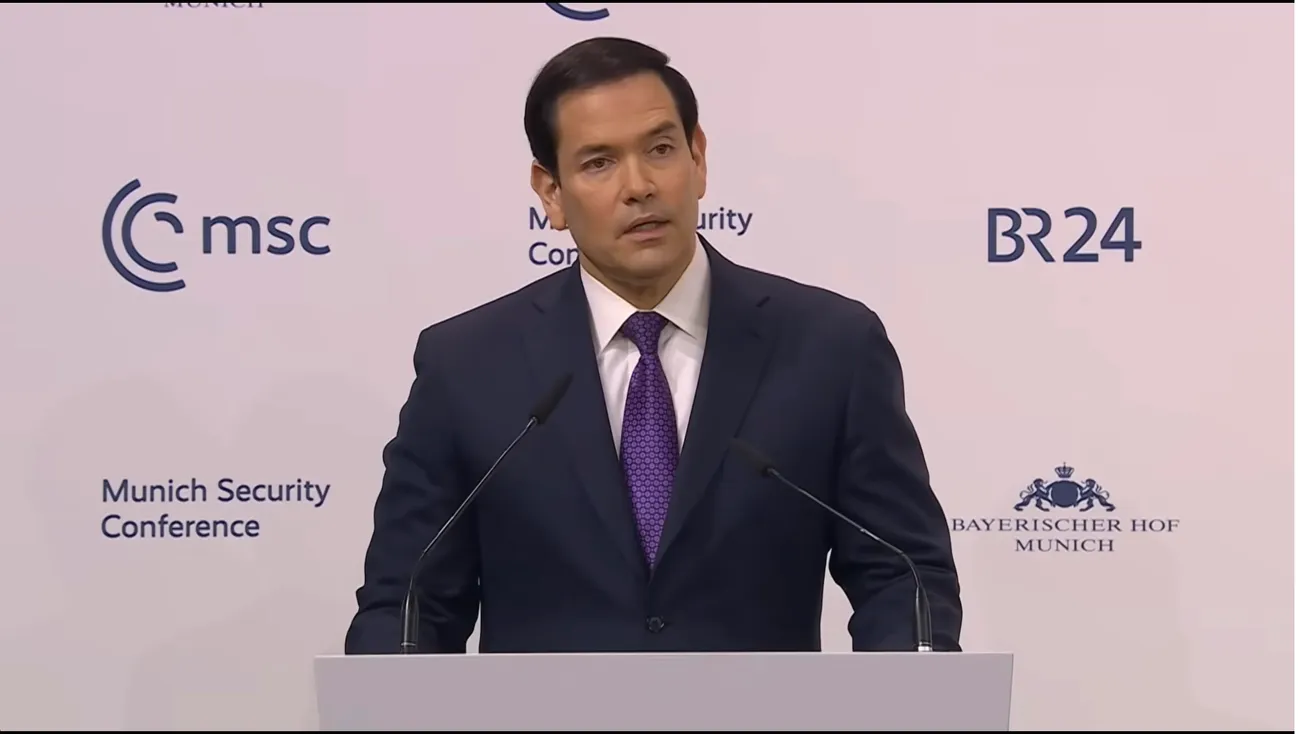Ramiz Alakbarov, Deputy Special representative for the UN Secretary General, reported on March 15 that people in Afghanistan are today facing a food insecurity and malnutrition crisis of “unparalleled proportions.” Warnings made last September and October by World Food Program (WFP) executive director David Beasley and Under-Secretary General for Humanitarian Affairs Martin Griffiths, on what the consequences would be were sufficient funding and humanitarian aid to the country not forthcoming, have become reality. Alakbarov pointed to the rapid increase of those experiencing acute hunger, a figure that rose from 14 million in July of 2021 to 23 million last month, and which has forced families to resort to skipping meals or taking on huge debt in order to buy food.
Resorting to these desperate measures has caused “untold suffering,” the UN official said, including “high levels of wasting in children and other harmful impacts on the physical and mental wellbeing of women, men and children.” As an example, Human Rights Watch reported that just since January of this year, 13,000 newborns have died. Today, 95% of the population does not consume enough food, and for female-headed households the figure is 100%. Under-funded and under-equipped hospitals are filled with children suffering from malnutrition. There are acute malnutrition rates in 28 out of 34 provinces and 3.5 million children in need of nutritional support and treatment.
In agriculture, the effects of a severe drought remain, and this year’s harvest is expected to be bad. Combine this with the severe banking and financial crisis, abetted by the U.S.’s seizure of $9.4 billion in Afghanistan’s central bank reserves, which has forced 80% of the population to take on debt to survive; food and fuel prices are soaring. Alakbarov warns that now, for the first time, rampant unemployment and a liquidity crisis are putting all major urban centers in danger of slipping into the Phase 4 emergency level of food insecurity, including former middle-class populations. https://consortiumnews.com/2022/03/26/devastation-in-postwar-afghanistan/



